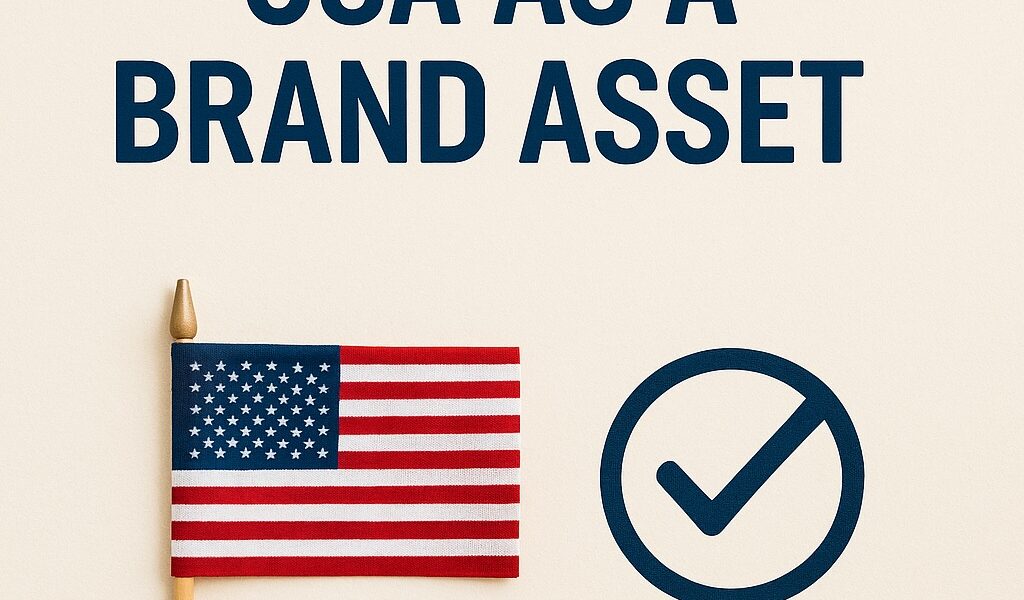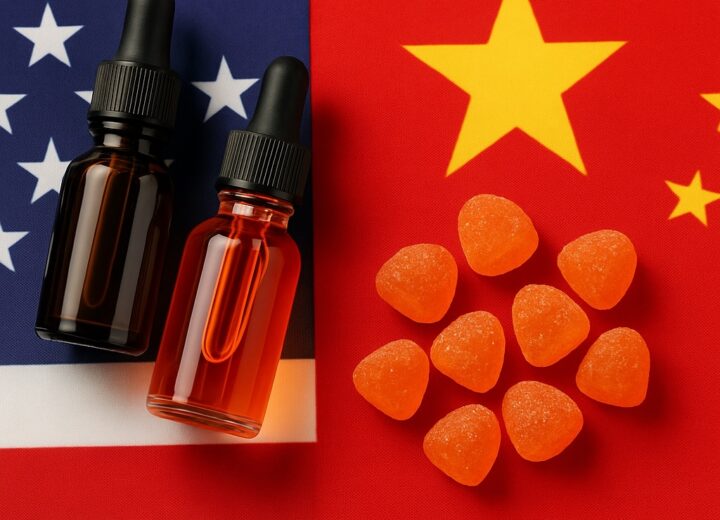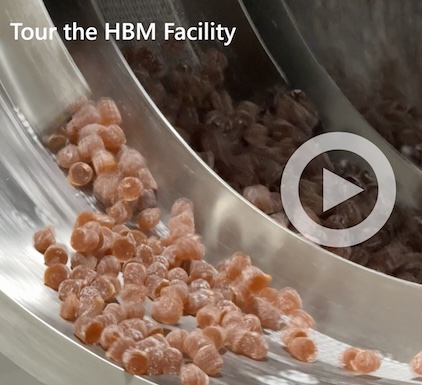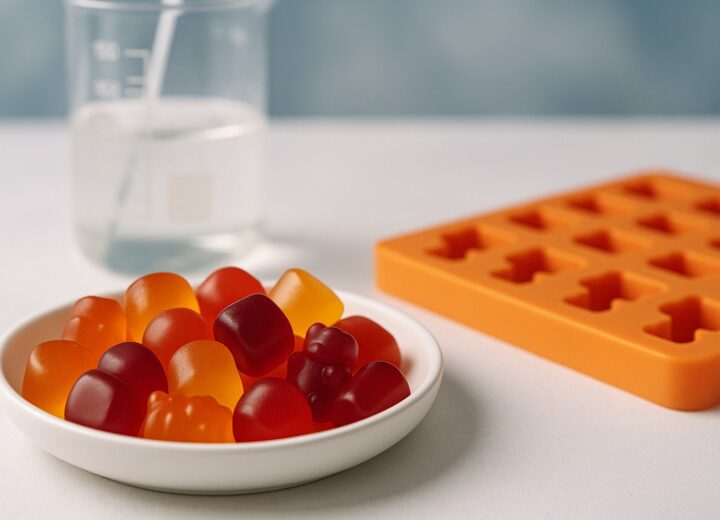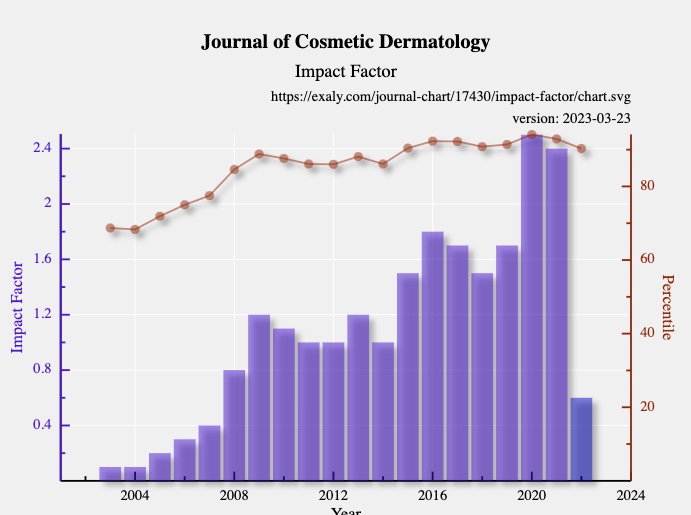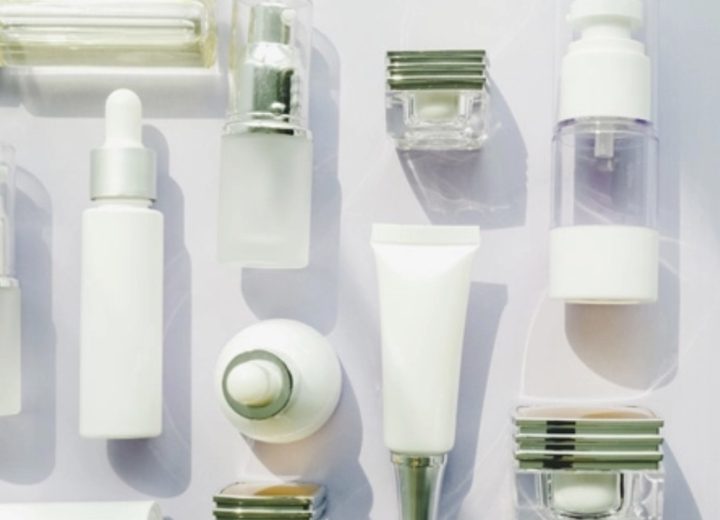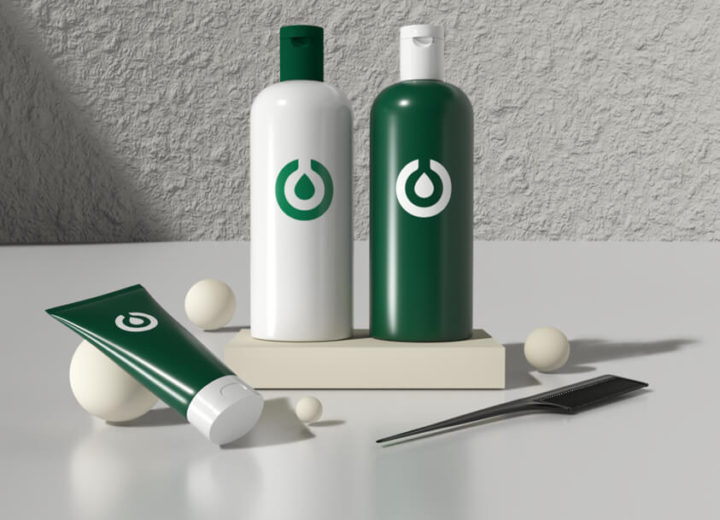Abstract
“Made in the USA” is more than a regulatory phrase—it’s a brand asset. In the health and wellness space, where trust, quality, and compliance are increasingly under the spotlight, domestic manufacturing offers a powerful competitive edge. But while many brands lean on the claim to signal legitimacy, a growing number of third-party brokers blur the line by using GMP-certified U.S. distributors to repackage imported products, often from China or India. This report explores the gap between perceived and actual domestic production and how brands can use real transparency to differentiate themselves. From FTC standards to quality signals that matter, we break down what true “Made in the USA” means—and how to market it with credibility.
Executive Summary
- “Made in the USA” can boost consumer trust, retail confidence, and perceived product value—but only when it’s true.
- Many private label brokers in the U.S. repackage imported goods and imply U.S. manufacturing using vague “GMP-certified distributor” language.
- FTC guidelines require “all or virtually all” of the product to be U.S.-made to use the claim without qualification.
- Brands that rely on overseas production but market with domestic terminology are exposing themselves to regulatory and reputational risk.
- Authentic transparency around manufacturing practices, documentation, and location is a differentiator—especially in clean label and direct-to-consumer brands.
1. What “Made in the USA” Legally Means
The Federal Trade Commission (FTC) defines a product as “Made in the USA” only if all or virtually all of the product is made domestically. That includes:
- All significant processing
- Assembly and manufacturing
- Sourcing of primary components (with limited exception)
Claims must be substantiated. Simply being packaged or distributed by a U.S. facility is not sufficient—especially for health products.
Use of the phrase without qualification requires strict compliance. Otherwise, brands must include clarifiers like:
- “Made in the USA with globally sourced ingredients”
- “Formulated in the USA”
- “Packaged in the USA”
2. The Broker Problem: Third-Party Disguises
A growing number of private label brokers are misrepresenting the origin of products by using U.S.-based fulfillment or distribution centers that carry GMP certification.
Here’s how it works:
- Products (usually supplements or tinctures) are manufactured overseas (often China or India).
- They are shipped to a U.S.-based GMP distributor or fulfillment warehouse.
- The broker or brand promotes the products as “manufactured in a GMP facility in the U.S.,” without disclosing the actual country of production.
This gray area leads to:
- Consumer confusion
- Retailer misalignment
- Potential FTC or FDA enforcement
- Lost trust when transparency breaks down
3. Why Real U.S. Manufacturing is a Brand Asset
When used truthfully, “Made in the USA” is not just a box to check—it’s a positioning tool that signals:
- Compliance: With 21 CFR Part 111, GMP, FDA inspections
- Traceability: From batch-level documentation to ingredient sourcing
- Clean label alignment: Easier to back up claims around allergen control, actives, and safety
- Sustainability: Shorter supply chains, lower emissions, less waste
Brands building in the DTC space or premium retail categories benefit from:
- Higher perceived value
- More defensible pricing
- Stronger investor confidence
4. Transparency in Practice: What It Looks Like
The best-performing brands aren’t just saying “Made in the USA”—they’re showing it.
Tactics include:
- Listing production partners and certifications
- Offering virtual facility tours or behind-the-scenes video
- Sharing batch testing data or QR-code-accessible COAs
- Including domestic sourcing details on landing pages or PDPs
- Educating consumers on what domestic manufacturing means (and doesn’t)
Retailers and investors increasingly look for:
- Auditable documentation
- In-house vs. broker transparency
- Certifications with dates and issuing bodies
5. Risk of False or Implied Claims
Using “Made in USA” loosely—or relying on offshore production passed through a domestic GMP distributor—carries serious risk:
- FTC enforcement for deceptive marketing
- FDA letters for label noncompliance
- Retailer delisting or platform bans (Amazon, Walmart Marketplace)
- Brand trust erosion when customers discover the gap
Even phrases like “GMP-certified facility” or “U.S.-based fulfillment” can mislead if the actual manufacturing occurred offshore. If you’re audited or challenged, you need documentation to support every claim.
Case Snapshot: The Rebrand Breakdown
Brand X launched a sleep gummy and claimed “Made in the USA” on packaging, while sourcing fully finished goods from China through a U.S. broker. When a retailer requested audit documentation, the brand couldn’t provide it. Their shipment was pulled, and they were forced to relabel and reprint thousands of units.
Brand Y worked with a domestic manufacturer and highlighted traceable sourcing, facility transparency, and testing documentation. They used those elements in their marketing, added QR codes for COAs, and secured a major retail account based in part on their transparency advantage.
From HBM’s Perspective
At HBM, we believe domestic manufacturing isn’t just a compliance box—it’s a growth lever. We’ve worked with dozens of brands that have scaled more effectively, priced more confidently, and launched faster by building from a U.S.-based supply chain.
We’re transparent about our certifications, processes, and traceability. We don’t repackage or broker—we manufacture. For clients that value that clarity, we become more than a vendor—we become part of their brand story.
As regulatory pressure and consumer scrutiny increase, building that story with integrity matters more than ever.
About HBM
HBM is a contract manufacturer specializing in custom health and beauty products. Our capabilities include gummies, tinctures, and topicals, with deep expertise in pilot-to-scale formulation and production. We are FDA-registered, 21 CFR Part 111 compliant, and carry over $2M in product liability coverage. Learn more at HBMNutra.com contact our team to schedule a consultation.
